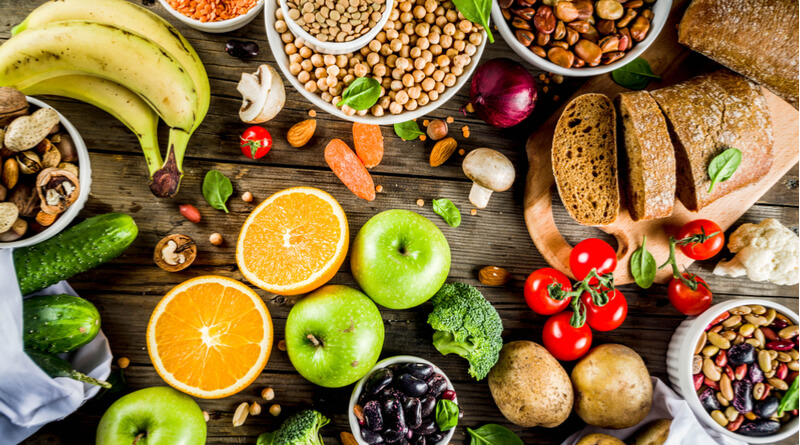High fiber diets seem to be all the rage right now. Even diets that don’t prioritize fiber still insist on including it as part of a healthy diet plan. This is a big change from the last era of healthy eating knowledge, which tended to encourage you to avoid foods that are high in fiber or ignore the importance of fiber. Some experts even believed that dietary fiber was responsible for making you gain weight. Those people are wrong though. Dietary fiber is hands down one of the best compounds that you can include in your diet, no matter what your diet goals are.
The Dietary Fiber Essentials
Dietary fiber is the part of plants that your body cannot digest or absorb. It is also known as bulk or roughage. Unlike most everything else that you eat, dietary fiber passes through your system more or less intact. It comes in two forms: soluble and insoluble fiber.
Soluble fiber
Soluble fiber dissolves in water and transforms into a gel like substance. This type of fiber helps to lower blood glucose levels and blood cholesterol levels. You can typically find it in oats, apples, beans, carrots, psyllium, and barley.
Insoluble Fiber
This fiber type is responsible for pushing material through your digestive system and increasing the hardiness and bulk of your stool. You can find this type of fiber in whole wheat flour, nuts, wheat bran, and starchy potatoes, like cauliflower and potatoes.
Benefits of Using A High Fiber Diet
Eating dietary fiber does more for you than just help your bowel movements. It plays a major role in regulating your entire digestive system. Below are some of the major benefits found in dietary fiber.
- Normalize bowel movements
- Maintain Bowel Health
- Lower cholesterol levels
- Regulate Blood Sugar Levels
- Achieve a Healthy Weight
- Increase Lifespan








